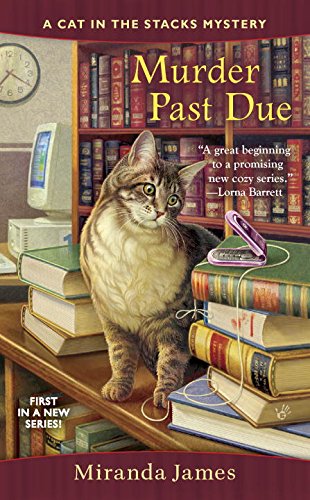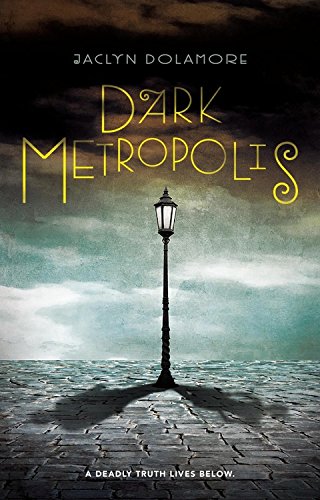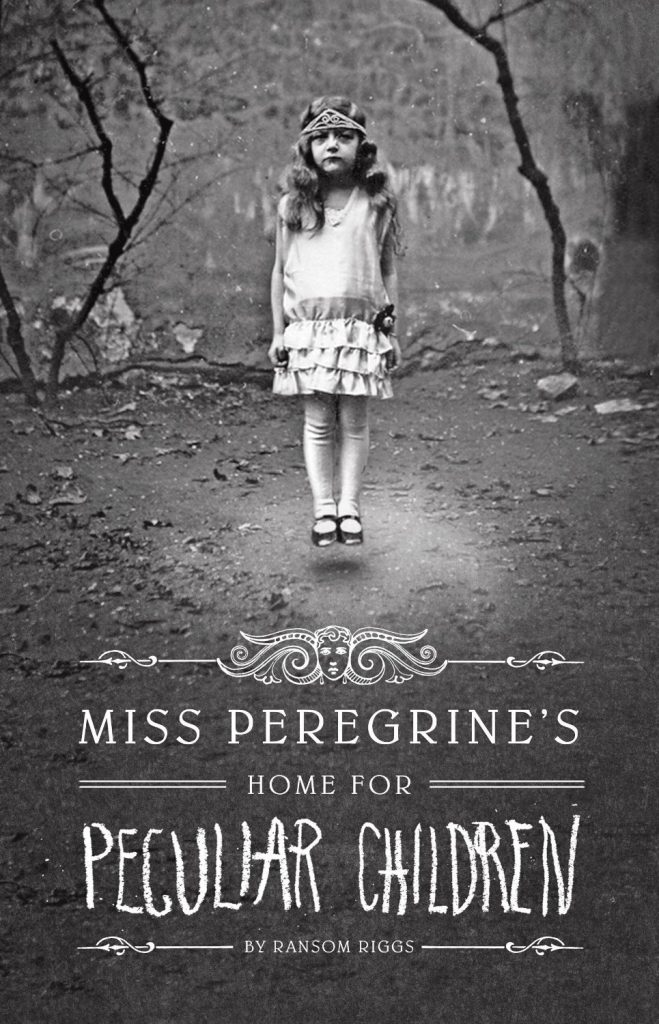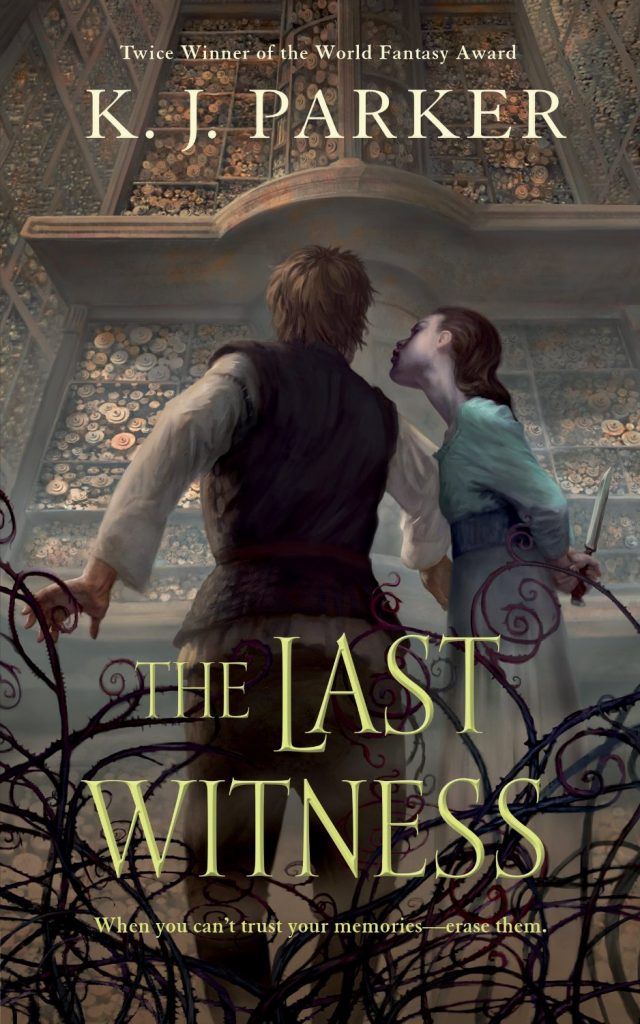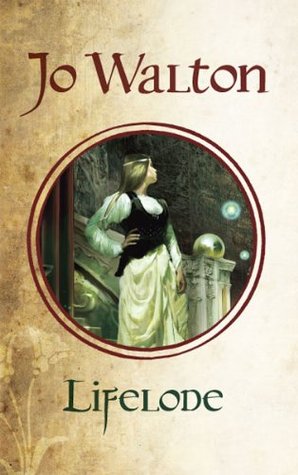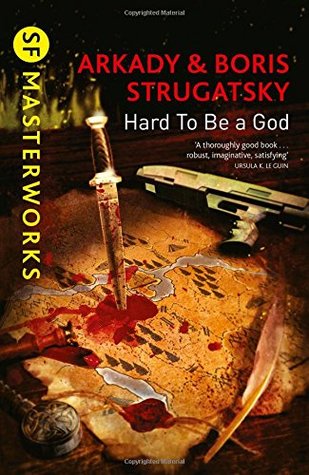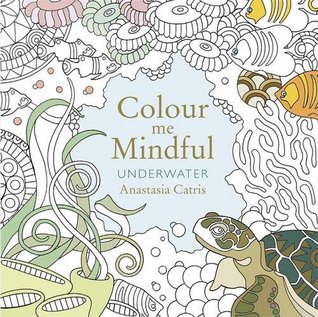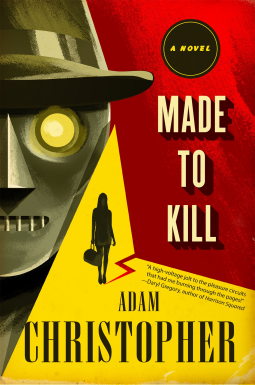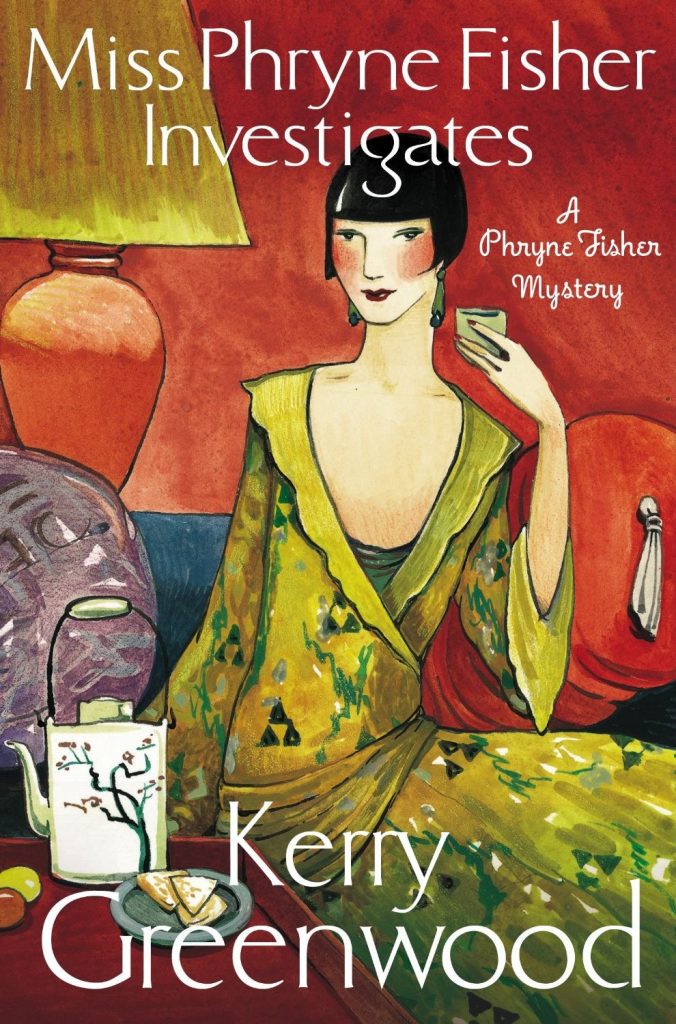 Miss Phryne Fisher Investigates, Kerry Greenwood
Miss Phryne Fisher Investigates, Kerry Greenwood
Aka Cocaine Blues. I did actually try to read this once before, and really didn’t get into it — I don’t think I read more than a couple of chapters. Looking at that review now, I think I must’ve been really cranky that day, because all I complained about was adjectives. Which, yes, are present… but not nearly as bad as I seemed to think back then. Perhaps a case of finding the right book at the right time, because reading this during the readathon, I loved it!
Even the first time, I was impressed by Phryne’s character: the fact that she’s a flapper, that she’s independent, clever, capable. This time through, I also noticed her kindness a lot: her treatment of Dot, her concern about other people. She’s also a shrewd judge of character. In fact, there’s very little we see by way of flaws in Phryne, which could get annoying… but for now, I just loved the amount of agency she has, the strength she has, the fact that she’s unequivocally a sexual person and nobody can take advantage of her because she owns that fact.
The mysteries were kind of secondary to that for me; they come together well, though, and give us a varied cast. Nobody is involved in everything, but each person has ties to the next. I quite liked that.
If it’s any measure of my enthusiasm, I immediately ordered the second book (in time for it to be delivered — and pounced on — the next morning by Amazon Prime, on a Sunday!) and reserved more from the library.
Rating: 4/5


